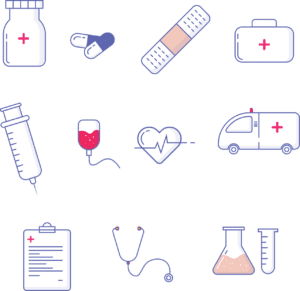Aeglea BioTherapeutics recently provided an update concerning their clinical trial for arginase deficiency disorder. The four-word summary? They still need patients.
Aeglea specializes in amino acid metabolism. Their focus is always on rare diseases and cancer, which is good news for a community that’s often overlooked. They are working on a variety of products, each focused on a different amino acid. The one currently in trials is AEB1102.
AEB1102 is an enzyme that they’ve engineered to degrade the amino acid arginine. Aeglea believes it could restore the function of arginase 1 in patients with arginase deficiency disorder. Additionally, they’re looking at how it could benefit patients with cancers who have a metabolic dependency on arginine. Specifically, they’re studying its effect on acute myeloid leukemia/myelodysplastic syndrome patients who have advanced, solid tumors. Feedback from their Phase 1 trials in these cancer patients has shown, for the first time, the potential of AEB1102 to work in humans.
Now, they’re looking for arginase 1 deficiency disorder patients to participate in their Phase 1/2 trial.
As of May 23rd, they have received two IRB approvals for their trial protocol. However, they are still working with the FDA concerning pediatric enrollment in the study. Recruitment for adults who are interested in participating is up and running on ClinicalTrials.gov. On that site you can find a breakdown of the eligibility requirements, trial details, and the affiliated publications. You can also see the protocol for the transition between part 1 and part 2 of the study. The trial will be held at two different locations and both locations are currently recruiting:
- The University of Florida
- Icahn School of Medicine at Mount Sinai in New York
Read more about the most recent updates concerning their trial on the P&T Community website, and don’t miss your opportunity to enroll!
Remember, clinical trials could potentially mean a cure. BUT they can’t happen without patients.






